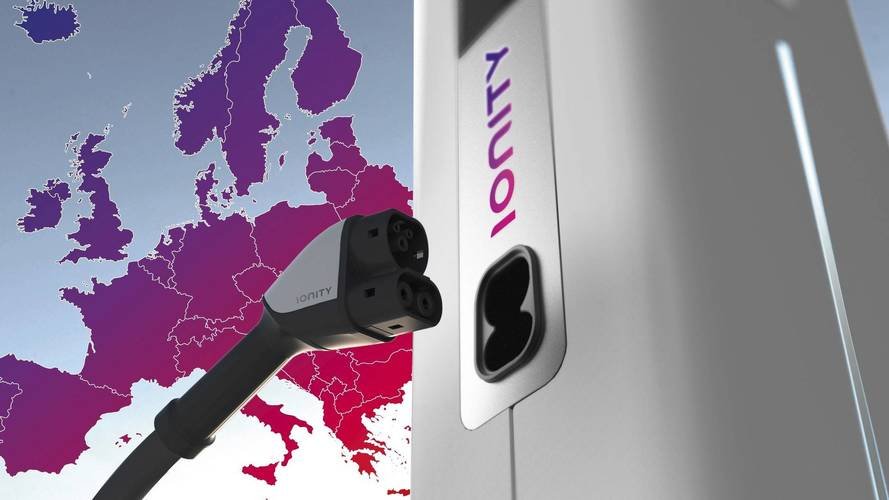BMW, Daimler, Ford, VW plan Ionity EV charging network across Europe

News about the initiative, first hinted at a year ago, had been long anticipated as governments push for improvements in infrastructure that would encourage drivers to switch to electric cars.
Ionity, a joint venture of BMW, Daimler, Ford and Volkswagen AG with its Audi and Porsche brands, plans to open 20 stations to the public this year in Germany, Norway and Austria. They will be 120 km (75 miles) apart and run in partnership with Tank & Rast, Circle K and OMV.
"The first pan-European HPC [high-power charging] network plays an essential role in establishing a market for electric vehicles," Ionity CEO Michael Hajesch said on Friday. He added that the fast-charging stations would also offer digital-payment capability.
Ionity is still in talks with charging station suppliers, and a decision is expected soon, a spokeswoman said, declining to say how much the joint venture would invest.
Installing thousands of high-power charging stations across the globe will require billions of dollars in investment and offer an opportunity to manufacturers. The car consortium's new fast chargers will cost about 200,000 euros ($233,000) each, sources said previously.
Companies ranging from engineering conglomerates such as Siemens to small specialists like ChargePoint are all hoping for a slice of the pie.
Ionity will expand its network to 100 stations in 2018, each enabling several drivers of different car brands to charge their vehicles at the same time.
Anxiety over whether battery-powered cars have the range to reach their destination is inhibiting some drivers from switching from gasoline or diesel models.
But with U.S. all-electric challenger Tesla stealing a lead, established brands are teaming up to ensure that electric vehicles (EVs) can get quickly back on the road.
Each charging point will have a capacity of 350 kW, and will use an existing European standard, the Combined Charging System, to reduce charging times compared to existing systems.
A half-hour charge will give a Tesla driver more than 160 miles in extra driving range — roughly half the time it would take to get a similar boost at a 50 kW charge point that is now the industry standard.
